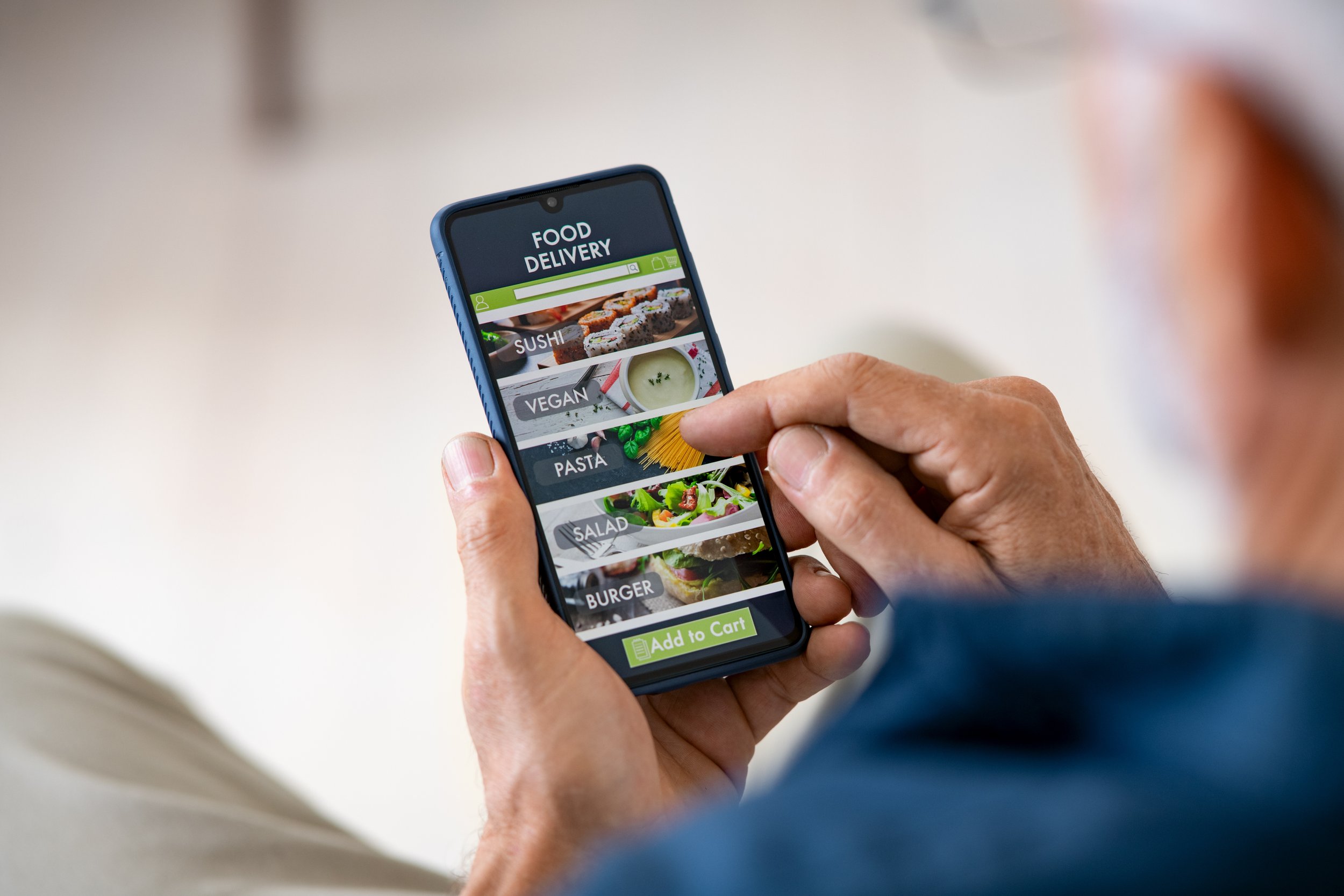The digital aftertaste of the Covid-19 legacy in European food merchants
The Covid-19 issue has accelerated Europe's e-commerce shift by four to five years, particularly in the food retail sector: E-commerce penetration in the top five markets now ranges from 3% to 11% of total supermarket sales. However, we predict that every percentage point of grocery sales shifting online threatens EUR13.6 billion in sales and up to EUR1.9 billion in earnings (4 per cent of total). More home-cooked meals and brisk home and personal care items boosted yearly grocery sales growth to +5.3 per cent in 2020, about double the average growth rate recorded in the 2010s.
Despite a slowdown since March and the gradual reopening of pubs and restaurants, the favourable trend continued in H1 2021, with revenues increasing by +2.4 per cent. The increasing prevalence of e-commerce for food poses two significant concerns for existing retailers.
It changes the competitive landscape by providing a new option for merchants to prioritise convenience and service over price rivalry. It is a significant threat to profitability. Online grocery sales are made at a loss regardless of delivery mode (click-and-collect or delivery) utilising the most prevalent order-fulfilment mechanisms. Grocery e-commerce incurs higher costs since a portion of the service value chain (usually product selecting, checkout, and delivery) is transferred from the customer to the merchant. Still, the related expenditures are not fully passed on to service fees.
The twin threat to market share and earnings will push retailers to prioritise their e-commerce operations, with three primary areas of focus: an adaptation of their store mix and a rotation in investment to account for increased e-commerce penetration. Supermarkets are the most vulnerable to decreasing traffic; as a result, reducing investment and retail space since they give the same "one-stop-shop" value as a contemporary website.
Collaborations with enterprises in the rapidly expanding supermarket e-commerce industry. In recent months, there has been an increase in the number of partnerships between food merchants and a small number of so-called food technology businesses, including:
Food-delivery services (such as Deliveroo, JustEat, and Delivery Hero) are increasingly growing beyond cooked meals.
Personal shopping experts (e.g., Everli...) with freelance employees picking up in stores and delivering to the customer's door, similar to Uber;
Quick commerce firms (e.g., Gorillas, Getir, Cajoo, etc.) that operate dark urban shops with a relatively limited product selection but the promise of super-fast delivery;
E-commerce logistics service providers offer anything from software to warehouse equipment (for example, Ocado) to deliver cost-effective logistics to established merchants.

